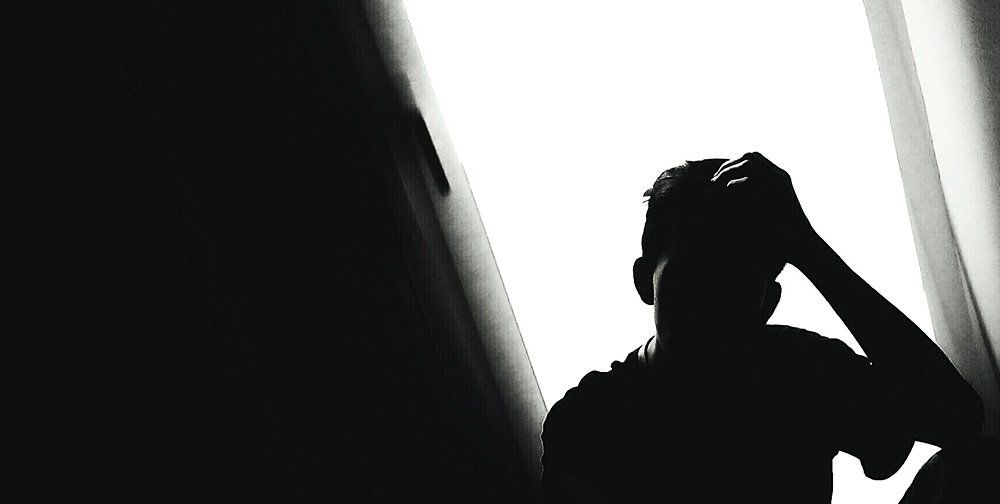Martial arts & depression
Depression is a mental health disorder that affects millions of people worldwide. It can lead to feelings of sadness, hopelessness, and lack of interest in activities that were once enjoyable.
While medication and therapy are effective treatments for depression, exercise, and sports can also play a crucial role in managing this condition. In this essay, we will focus on Brazilian Jiu Jitsu (BJJ) and how it can help alleviate symptoms of depression.
BJJ is a form of martial arts that involves grappling and ground fighting. The sport requires physical strength, agility, and strategic thinking, which can help improve physical and mental health. One of the key benefits of BJJ is that it provides a safe and controlled environment where individuals can challenge themselves and test their limits. This can lead to an increased sense of accomplishment and boost self-esteem, which are critical components in managing depression.
In BJJ, participants are required to engage in physical activity that requires concentration and focus. This helps take their minds off of negative thoughts and worries, and shift their attention to the present moment. The physical exertion involved in BJJ can also increase endorphin levels, which are natural mood-boosting chemicals in the brain. This can result in a temporary reduction in feelings of anxiety and depression.
In addition to the physical benefits, BJJ also provides a social outlet for individuals struggling with depression. The sport requires training and practicing with a partner, which can help develop strong social bonds. These bonds can provide a supportive network for individuals, which can be critical in managing depression. BJJ training can also be a fun and engaging activity, which can help improve mood and reduce feelings of isolation and loneliness.
Another important aspect of BJJ is its focus on mindfulness. The sport requires a high level of focus and concentration, which can help individuals become more mindful and present in the moment. This mindfulness can lead to an increased ability to regulate emotions, which can help individuals manage negative thoughts and feelings associated with depression.
Additionally, BJJ provides a sense of structure and routine, which can be beneficial for individuals with depression who struggle with feelings of chaos and unpredictability.
The sense of accomplishment and self-esteem boost that comes from practicing BJJ can also play a crucial role in managing depression. The sport requires hard work and dedication, and as individuals become more skilled, they can experience a sense of pride and satisfaction. This sense of accomplishment can help individuals build confidence, which can help improve their mental health and reduce symptoms of depression.
Sense of accomplishment
The sense of accomplishment and overcoming depression are both complex phenomena that involve various neurological, psychological, and social factors.
Regarding the sense of accomplishment, when we set goals and achieve them, our brains release a neurotransmitter called dopamine, which plays a crucial role in reward-motivated behaviour. Dopamine is associated with feelings of pleasure, satisfaction, and motivation, and it is released in response to various stimuli, including food, sex, drugs, and achievement.
Additionally, research suggests that a sense of accomplishment can also activate the brain’s prefrontal cortex, which is responsible for executive functions such as decision-making, planning, and problem-solving. These cognitive processes play a critical role in achieving goals and can contribute to a sense of accomplishment.
Regarding depression, it is a mental health disorder that affects millions of people worldwide. While the exact causes of depression are not fully understood, it is believed to involve a complex interplay of genetic, environmental, and social factors.
Some studies suggest that depression may be associated with imbalances in brain chemicals called neurotransmitters, including serotonin, norepinephrine, and dopamine. These neurotransmitters play a role in regulating mood, sleep, appetite, and other essential functions.
Overcoming depression often involves a multifaceted approach that may include medication, therapy, lifestyle changes, and support from family and friends. Setting achievable goals and experiencing a sense of accomplishment can also be an essential component of recovery from depression.
The sense of accomplishment can help improve self-esteem, self-efficacy, and motivation, which can all contribute to reducing symptoms of depression.
In summary, the science behind the sense of accomplishment and beating depression involves complex neurological, psychological, and social factors.
Achieving goals and experiencing a sense of accomplishment can release dopamine and activate the prefrontal cortex, which can contribute to a sense of pleasure, satisfaction, and motivation. Overcoming depression often involves a multifaceted approach that may include medication, therapy, lifestyle changes, and support from family and friends, as well as setting achievable goals and experiencing a sense of accomplishment.
To conclude
In conclusion, Brazilian Jiu Jitsu can be a valuable tool for individuals struggling with depression. The physical activity, social support, focus on mindfulness, and sense of accomplishment that come from practicing BJJ can help alleviate symptoms of depression and improve overall mental health.
However, it is important to note that BJJ should not be used as a replacement for professional medical treatment for depression. Individuals struggling with depression should speak with their doctor about their options for treatment, which may include therapy, medication, and exercise.
Join Now
Send us a message and we’ll get back to you, or call us directly on 07932502332


